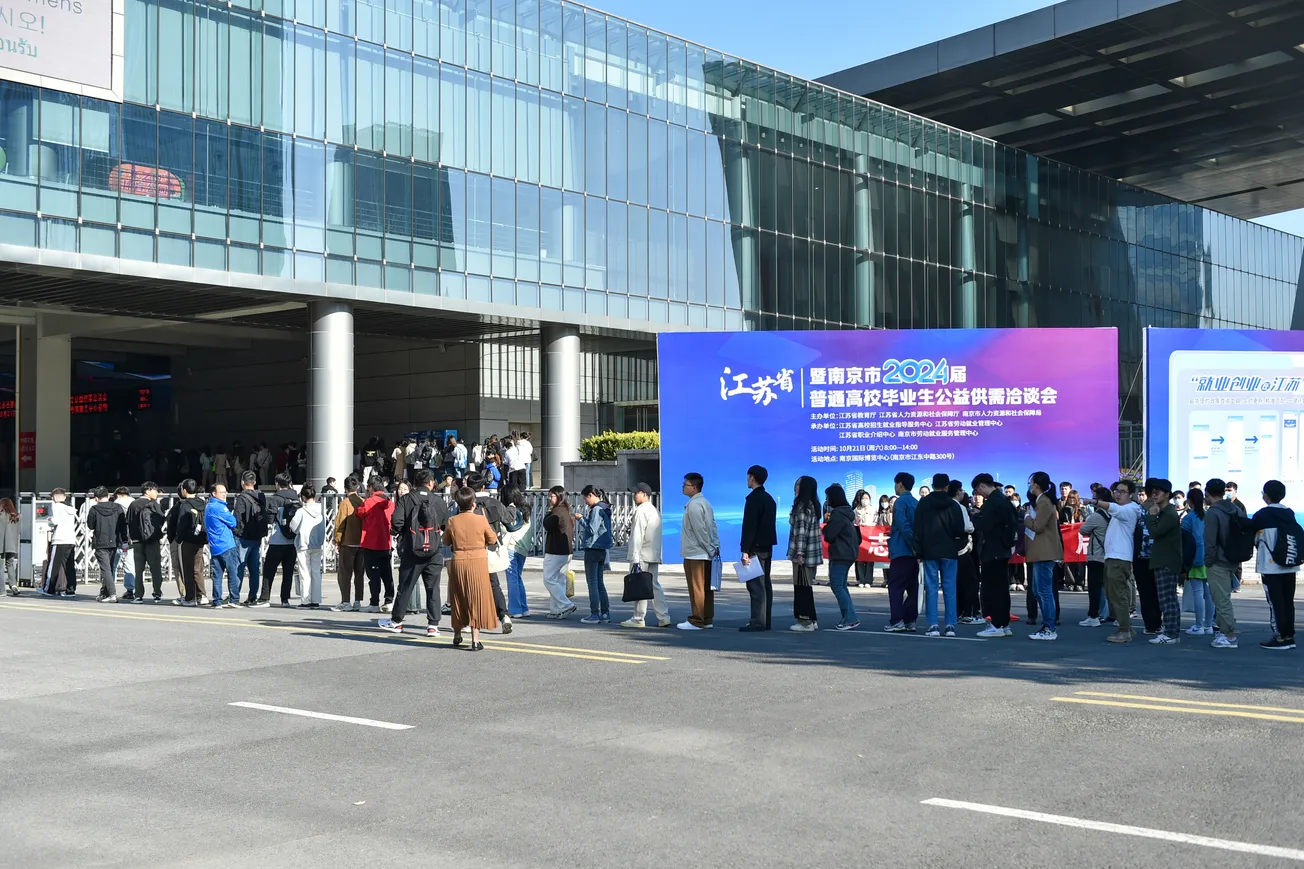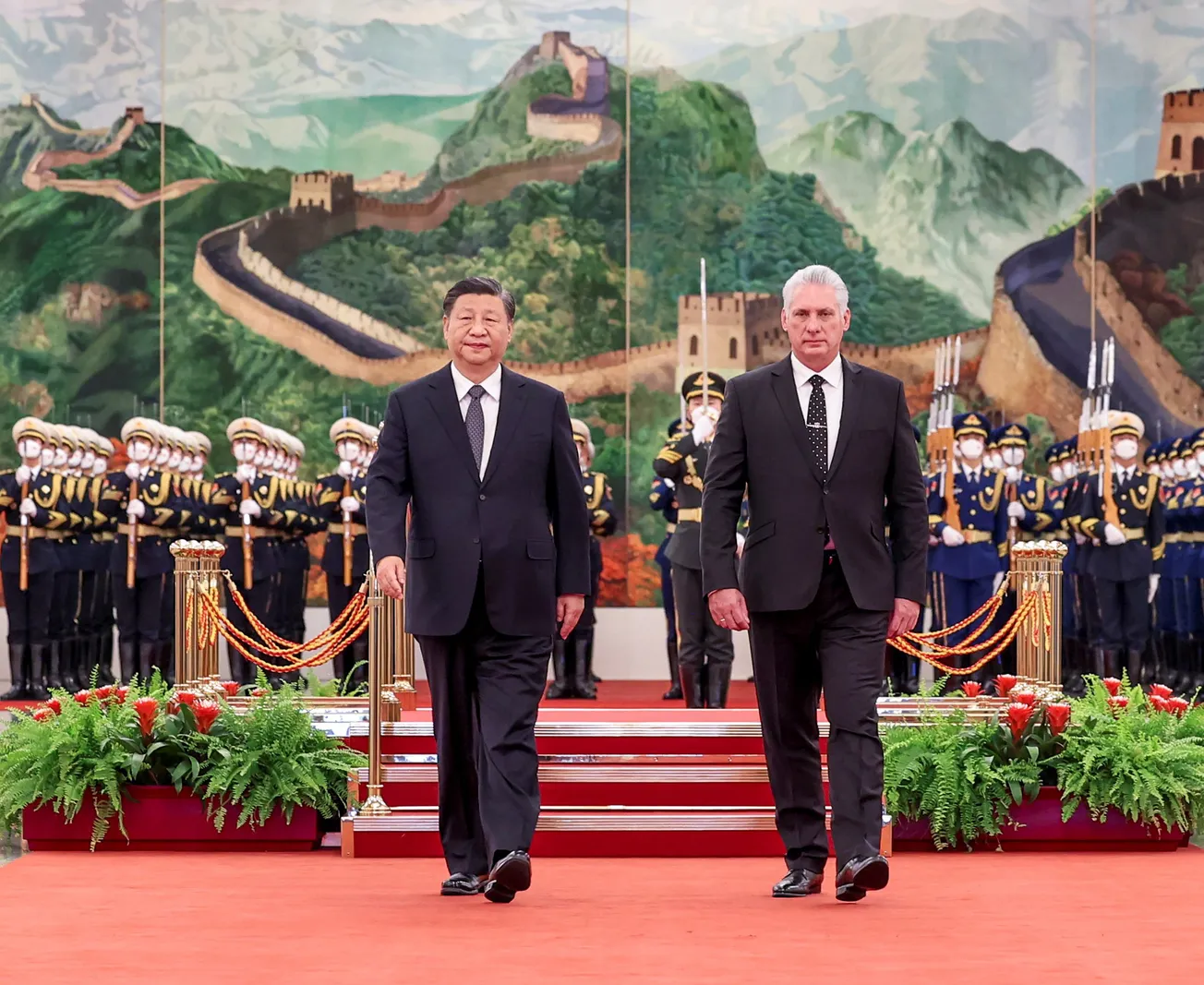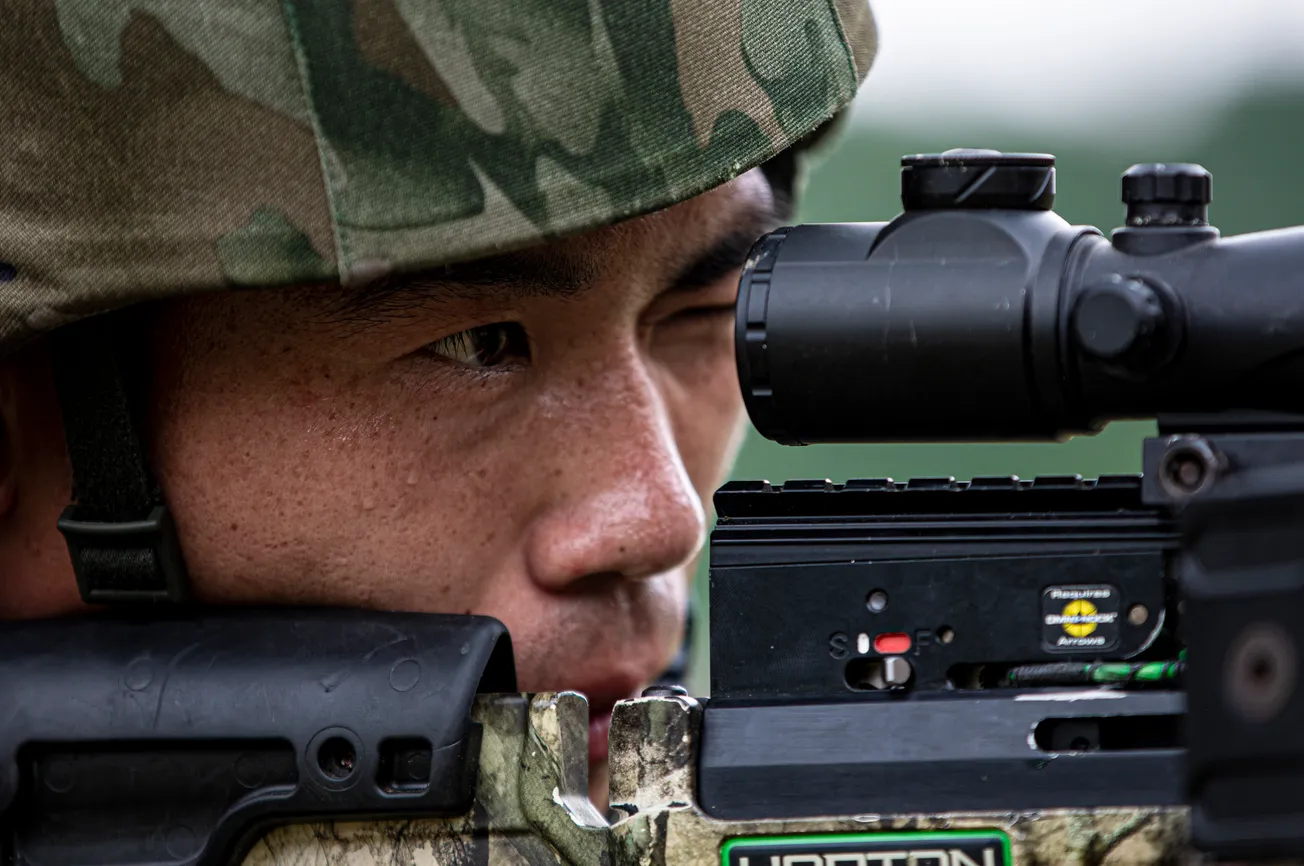Beijing has a long-term plan. Its goal is to become a superpower by 2049, around the 100th anniversary of the founding of the People's Republic of China.
The Government of China, in effect, the Communist Party of China (CCP), is well aware that to achieve these fantastic goals, it is necessary to do away with obstacles before they become roadblocks. Iron control over its citizens and thwarting every attempt to express dissent is seen as the only way to ensure that they remain in power without opposition.
Adapting an ancient belief, the CCP perceives five major threats to the continued hold over mainland China. The "five poisons," as they are referred to, are Taiwanese independence, Tibetan independence, Xinjiang separatists, the Falun Gong, and the Chinese democracy movement.
A quick check of the facts will highlight Beijing's audacity.
While Taiwan has never been under the CCP before, the leadership of the mainland has long portrayed the island as breakaway territory and has undertaken "a historic mission" to "reunify" it to the fold. The Taiwanese are less than happy at the thought and want to remain autonomous and independent.
The ancient Kingdom of Tibet was annexed in 1951 and granted autonomous status. Over the years, the Communist regime has eroded the culture, language, arts, and religious beliefs of the ethnic population.
Beijing's oppression of the 12 million Uyghur Muslims of Xinjiang, a northwestern province, has been termed "genocide." These minority people are subject to mass surveillance, forced labor, and other forms of repression. While stripping the natural resource-rich region of its stores, the Government is carrying out forced integration and "re-education."
Besides demands to protect ethnic identity and political sovereignty, the CCP also fears the power of faith, as evident in Falun Gong's ban. Threatened by its rapid growth in the 1990s, the religious group was labeled a "heretical cult," and followers were persecuted.
And, of course, what could be more dangerous than fostering democracy in a Communist country? Any attempt to criticize or question the Government is seen as dissent that should be nipped in the bud.
To counter these five threats, the Chinese Government has built a colossal intelligence network that spans the world. The detailed report by the British intelligence service details how Beijing is, directly and indirectly, employing a 'whole-of-state' approach to gather information and quell dissent worldwide.
The report states: "The nature and scale of the Chinese Intelligence Services are – like many aspects of China's government – hard to grasp for the outsider, due to the size of the bureaucracy, the blurring of lines of accountability between party and state officials, a partially decentralized system, and a lack of verifiable information."
Most of the tens of thousands recruited by Beijing are believed to work for three civilian and military agencies. The most powerful is the Ministry of State Security, a civilian organization with executive powers. They gather intelligence and run counterintelligence operations to trap foreign spies and double agents.
Another civilian agency entrusted with counterintelligence and law-enforcement duties is the Ministry of Public Security. The Strategic Support Force of the Chinese military runs the electronics and signals intelligence, spying on computer networks and internet activity.
The CCP's strategy that "co-opts every state institution, company, and citizen" adds to the complexity of the problem, making "the scale of the activity more difficult to detect."
To expand China's "global reach and influence," technological prowess and robust economic growth and stability have been chosen as the most suitable vehicles. Once these have been achieved, other countries will rely on Beijing's goodwill, bestowing the CCP with the stature it craves.
The internal security apparatus is believed to get the lion's share of the spending, at almost 20% more than on external defense. It is well known that Beijing is investing in state-of-the-art surveillance tools and leveraging loopholes in modern technology.
The report mentions, "While understanding has clearly improved in recent years, China has a highly capable cyber – and increasingly sophisticated cyber-espionage – operation: however, this is an area where the 'known unknowns' are concerning."
China is looking to catch up with other developed nations. It is resorting to unethical practices like intellectual-property theft, disreputable collaborations, and funding agenda to gain access to sensitive military and cyber technology.
Beijing is leaving no stone unturned to reach its goals. The ISC reports highlight the CCP's unholy nexus with domestic corporations (so-called private enterprises) and foreign diplomats and leaders.
"Decision-makers – from serving politicians to former political figures, senior government officials, and the military – are, inevitably, key targets. China employs a range of tactics, including seeking to recruit them into lucrative roles in Chinese companies – to the extent that we questioned whether there was a revolving door between the Government and certain Chinese companies, with those involved in awarding contracts being 'rewarded' with jobs," writes the report.
Beijing is more than willing to step on toes, gag dissent, and violate countless laws to remain in power. The Ancient Chinese believed that the only way to combat poison was with poison, which is what Beijing is doing.
Related Infographics
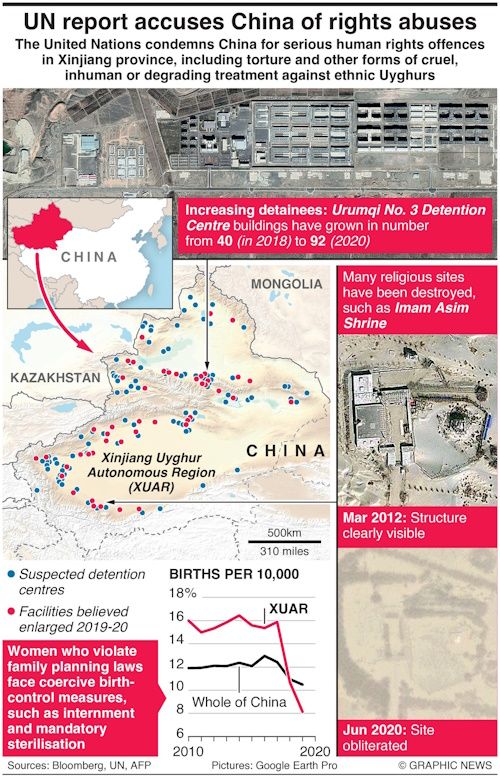
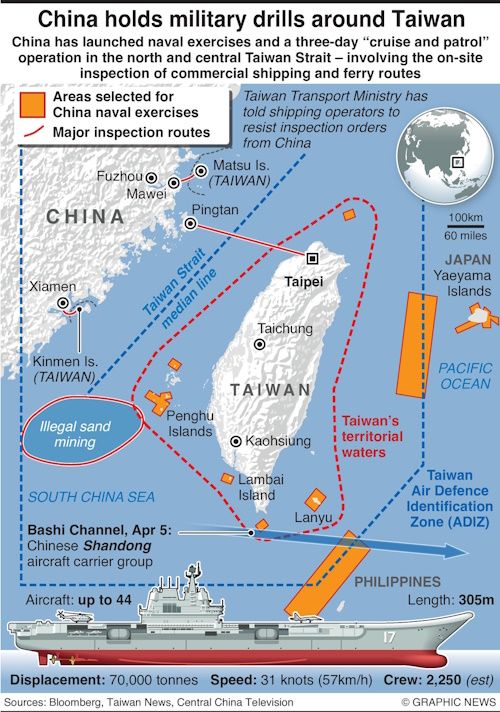
Like our insights? Show your support by becoming a paid subscriber!


